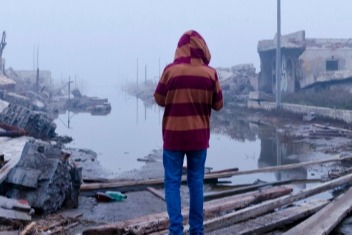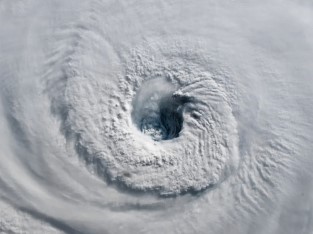- Accueil >
- Security and Safety Insights >
- The Emotional Impact of Wildfires
The Emotional Impact of Wildfires


THE EMOTIONAL IMPACT OF WILDFIRES
While wildfires have been a natural part of the ecosystem for many years, recent large and devastating occurrences have brought more awareness into focus.
Hotter and drier conditions have not only increased the risk of wildfires but also the length and intensity. And the effects are far reaching. Beyond the impacts on physical health, wildlife, and the environment, wildfires can also have a lasting impact on emotional and mental wellbeing.
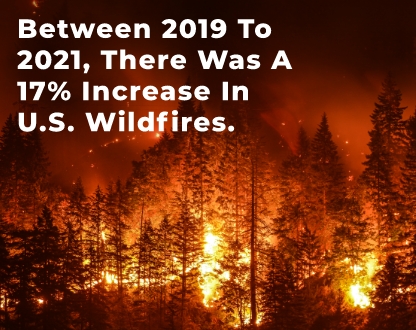
The immediate impacts of a wildfire
When a wildfire is in your area, it is natural to have feelings of anxiety and stress anticipating the impacts on you or others. It can disrupt your sleep and leave you feeling helpless and worried.
According to the U.S. Department of Veterans Affairs, wildfires are particularly traumatic because of their unpredictability. They spread quickly — affecting large areas — and evacuations occur with short notice. As a result, wildfires force residents to make crucial yet snap decisions regarding their well-being and safety.2
In addition, the smoke from wildfires can cause physical damage that can pose a risk to your mental health. Along with the damaging effects of breathing soot and ash into your lungs, mounting evidence shows that the impact on your brain3 could be just as dangerous.
Emotional trauma in the aftermath of a fire
For many survivors, recovering from a wildfire goes beyond injury or replacing physical items and takes years to get over. In some cases, the emotional and physical trauma can develop into into PTSD.4
If you or someone you know is struggling to cope in the aftermath of a wildfire, it’s important to consult a trained healthcare professional or call or text the Disaster Distress Helpline at 1-800-985-5990 for support and counseling. The Disaster Distress Helpline is a national hotline that provides 24/7, year-round crisis counseling for people who are experiencing emotional distress related to any natural or human-caused disaster.
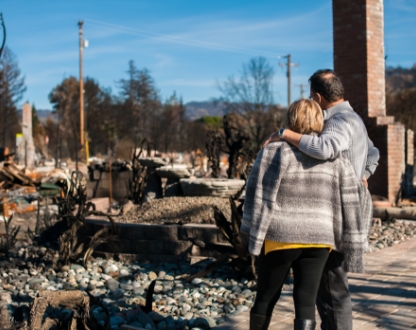
Rebuilding after a natural disaster
When people experience natural disasters such as a fire, tornado, hurricane or flood, many often struggle with the emotional impact of losing everything, including photos, family heirlooms, cash and other irreplaceable items. Taking steps to prepare for a natural disaster can help to lessen the loss. However, if you do experience a total loss, it’s important to know that there are resources available to help you rebuild, such as FEMA, that can guide you through what to do after the fire.
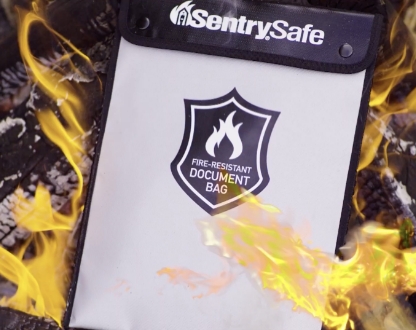
Preparations can help minimize loss
We all need to do our part to help prevent wildfires, including picking up dry brush in the yard, fully extinguishing campfires, and keeping sparks and fireworks away from dry areas.
Having an emergency plan prior to disaster will make it easier to keep your family and pets safe. And, if you have enough warning to grab a few things, it can be helpful to have important documents and irreplaceable items in a SentrySafe fire-resistant bag ou cash box stored in a safe so that it’s ready to grab and go.
For items you have to leave behind, be sure your SentrySafe safe is both water and fireproof to help protect your valuables from the fire as well as water from rescue efforts. SentrySafe water and fireproof safes are UL classified for 1 hour of fire protection in up to 1700°F and up to 24 hours of ETL-Verified water resistance - protecting the things that matter most when disaster strikes. If you have questions about how to select a safe to prepare for fire, visit our safe selector to learn more.
Sources
